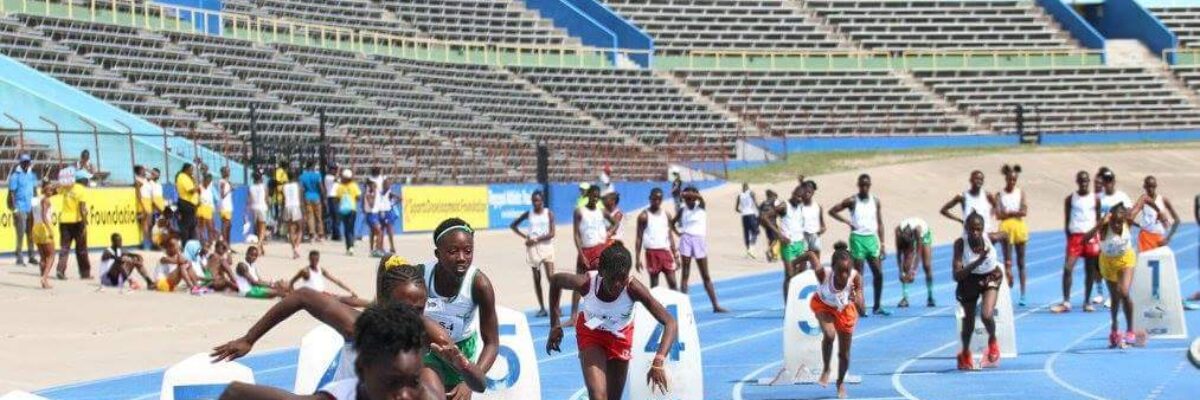The decision by World Athletics to offer prize money to gold medallists at next month’s paris olympics is discriminatory and goes against Olympic values, according European Olympic Committees president Spyros Capralos.
World Athletics and the International Boxing Association have announced payments for their own medallists, with offering $50,000 in prize money to its 48 Olympic Champions in Paris.
World Athletics will not offer cash for silver or bronze at these games but will do so at the Los angeles Olympics in 2028.
The IBA has said it would offer money to all medallists, at the July 26-august 11 games, with $100,000 to gold medal winners, $50,000 for silver medals and $25,000 for bronze.
These decisions have angered other International Federations as well as the IOC, which sees the move as a direct interference in their event without any prior consultation.
Capralos said there had been no discussions with either International Federation since their recent announcements.










